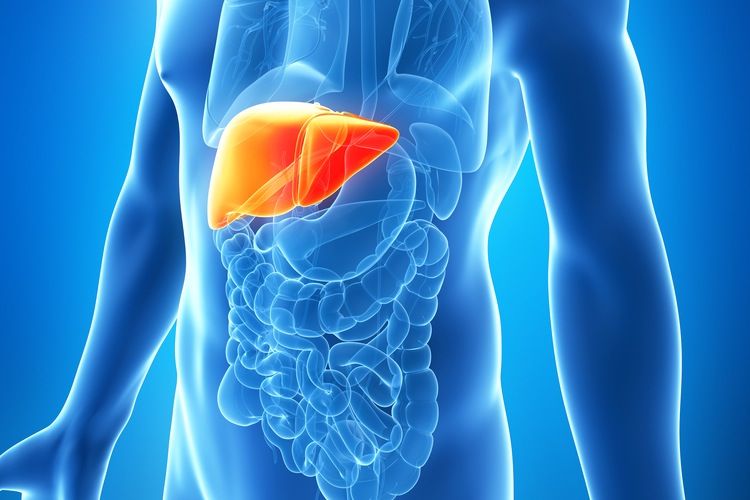
Best Liver Cancer Surgeon in Jaipur
Liver cancer is a type of cancer that starts in the cells of your liver. The liver is a football-sized organ located in the upper right quadrant of your abdomen, beneath the diaphragm and above the stomach.
The liver can develop several types of cancer. Hepatocellular carcinoma is the most common type of liver cancer, and it begins in the main type of liver cell (hepatocyte). Other types of liver cancer are much less common, such as intrahepatic cholangiocarcinoma and hepatoblastoma.
Symptoms
In the early stages of primary liver cancer, most people have no symptoms. When signs and symptoms do appear, they may include the following:- Losing weight without making an effort
- Swelling in the abdomen
- Appetite loss
- Your skin and the whites of your eyes are yellow (jaundice)
- Upper abdominal discomfort
- Stools are white and chalky.
- Vomiting and nausea
- General fatigue and weakness
Causes
Liver cancer develops when the DNA of liver cells changes (mutates). The DNA of a cell is the material that contains the instructions for every chemical process in your body. Changes in these instructions are caused by DNA mutations. As a result, cells may begin to proliferate uncontrollably, eventually forming a tumour — a mass of cancerous cells.
Risk elements
The following are risk factors for primary liver cancer:
- Chronic HBV or HCV infection Chronic infection with the hepatitis B or C viruses increases your risk of developing liver cancer.
- Cirrhosis. Scar tissue forms in your liver as a result of this progressive and irreversible condition, increasing your chances of developing liver cancer.
- Some inherited liver diseases Hemochromatosis and Wilson's disease are two liver diseases that can increase the risk of developing liver cancer.
- Diabetes. People with diabetes are more likely to develop liver cancer than those who do not have diabetes.
- Non-alcoholic fatty liver disease (NAFLD). Fat accumulation in the liver increases the risk of developing liver cancer.
- Aflatoxin exposure. Aflatoxins are poisons produced by moulds that grow on poorly stored crops. Aflatoxin contamination can occur in crops such as grains and nuts, which can then end up in foods made from these products.
- Drinking too much alcohol. Consuming more than a moderate amount of alcohol daily for a long period of time can cause irreversible liver damage and increase your risk of developing liver cancer.
Prevention
Reduce your chances of developing cirrhosis
Drink alcohol sparingly
Keep a healthy weight
Obtain a hepatitis B vaccination
Take precautions to avoid hepatitis
Liver Cancer Treatment
If you must use intravenous (IV) drugs, use a clean needle. Avoid injecting illegal drugs to lower your risk of HCV. If that isn't an option, make sure any needle you use is sterile and that you don't share it. A common source of hepatitis C infection is contaminated drug paraphernalia.
When getting a piercing or tattoo, look for a safe, clean location. Needles that have not been properly sterilised have the potential to spread the hepatitis C virus. Check out the shops in your area and ask staff members about their safety practises before getting a piercing or tattoo. If shop employees refuse to answer your questions or don't take them seriously, it's a sign that the facility isn't right for you.
Seek treatment if you have hepatitis B or C . Hepatitis B and C infections have treatments available. According to research, treatment can lower the risk of developing liver cancer.